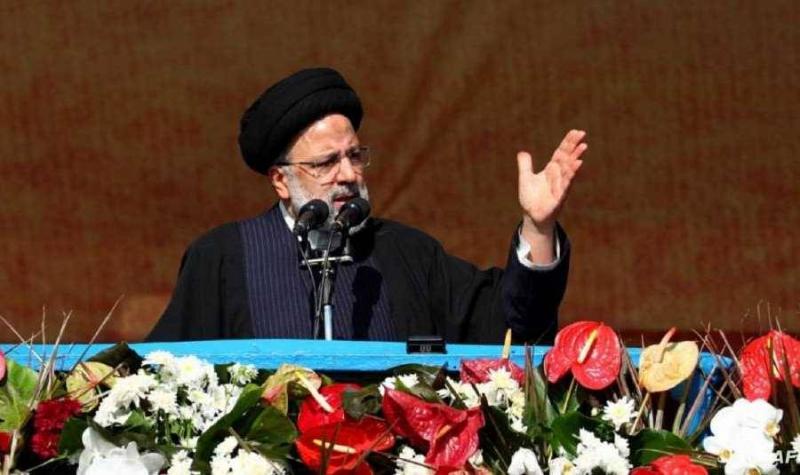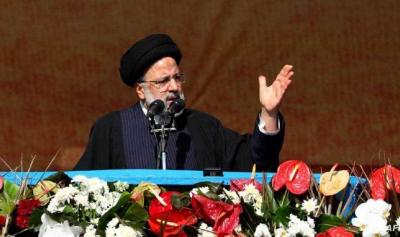Iranian President Ebrahim Raisi announced that Tehran does not need foreign forces in the region as its countries are capable of ensuring their own security. He added that any Israeli action "against us, even if minor, will face a strong and decisive response."
In a related context, a source in Iran's Supreme National Security Council revealed that during a meeting of this council, held without media attention, it was decided that Iran would respond to any retaliatory Israeli attack as soon as it begins, without the delay experienced previously, such as the approximately 13-day wait after the Damascus raid.
The source disclosed to "Al-Jarida" newspaper in Kuwait that Tehran sent new warnings to the United States through the Foreign Ministry, emphasizing that its recent attack was merely a warning and that it established a new deterrence baseline. Iran is prepared to take the matter to the end and is ready to respond to Israel more strongly and possibly differently.
It noted that Iran stated in the message that the Americans and Europeans should avoid defending Israel, as they did during the recent attack, under the threat that this could endanger their forces. Iran does not take seriously the American declarations of not participating in the anticipated Israeli response, as, according to its assessments, Israel would not dare to launch an attack on Iran without American support and cover.
According to the source, the message included images of strategic American and Israeli weapon warehouses, captured through deep reconnaissance (underground laser detection) using drones equipped with laser scanning devices and nuclear radiation detection sensors, warning that Iran now has a list of sensitive targets in Israel that it could strike if Tel Aviv chooses to respond to the Iranian attack.
The source emphasized that Iran warned that targeting any Iranian nuclear facilities would be met with retaliation, clarifying that this is not only regarding the Dimona reactor but also includes storage facilities for nuclear weapon production materials.
It was noted that the Israelis had relocated their military nuclear facilities from the Dimona nuclear reactor complex to other locations, and one of the most important missions of the drones was to identify these sites.
The source elaborated that Iran does not believe Israel would target the Bushehr nuclear power plant in southern Iran, as this would pose a risk to friendly Gulf states and U.S. forces in the region. It was noted that targeting other facilities requires capabilities Israel does not possess, and if such actions were taken, Tehran would consider Washington a partner in the attack.
Finally, it was mentioned that the Iranian navy is monitoring the movements of ships and submarines in the Sea of Oman, Arabian Sea, and the Red Sea, in anticipation of a possible Israeli attack from the sea. Orders have been given to target any Israeli warship or submarine approaching Iran without prior warning.




